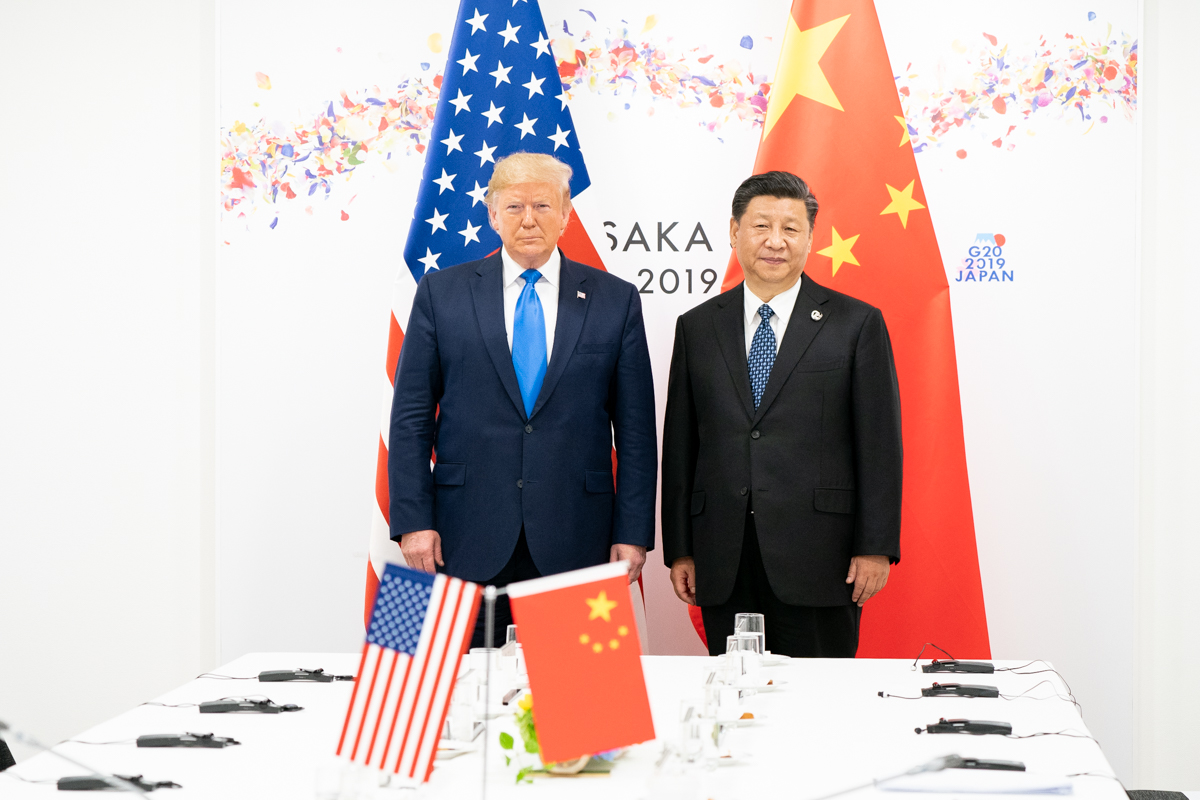There has been much talk in the past year about the US and China trade war and its influence on the global economy. The two largest economies of the world have been involved in an economic conflict. This all started at the beginning of 2018 on the initiative of President Donald Trump. However, what motivates this conflict, and what is happening exactly?
Background
In 2000, the United States let China join the World Trade Organization (WTO). The hope was that economic cooperation between the two countries would have brought many advantages to the US. As a part of the agreement, China had to open its markets, lower import tariffs and stop stealing intellectual property from the US. Between 2006 and 2008, however, things started to get more complicated. China’s relationship with the US, the European Union and Canada was characterised by tensions which resulted in the issuing of a formal ruling by the WTO. China was blamed for asking foreign automaker operating on its territory to purchase components from its suppliers. Who did not comply, had to face higher tariffs. As a consequence, China lowered its average import tariffs which led to the increase of China‘s exports to the US, while the latter’s imports to China increased only slightly.
During the Obama Presidency, in addition to former complaints, China was continually accused of limiting foreign investments. By doing so the Chinese government was trying to influence trade with its subsidies and to manipulate its currency. All these activities put western nations at a significant disadvantage. Chinese imports badly damaged the US economy. Buyers opted for Chinese products since they costed less. This led to a high decrease in manufacturing jobs. When Donald Trump became president, US’s overall deficit amounted to $566 billion of which $336 billion with China.
Consequences of US and China Trade War
US and China trade war has not resulted in a good outcome for the US and the rest of the world. Notwithstanding the tariffs imposed by the US on China’s goods, the latter deficit surplus reached a record high in 2018 ($323.32 billion). Meanwhile, at the end of the same year, US trade deficit was $621 billion. Moreover, the trade war has negatively affected US farmers since the exports in this field decreased as a consequence of China’s retaliatory tariffs. Internationally, because of the trade war, foreign direct investment has decreased especially in the European Union. The stock market has also been affected by the trade conflict between the two economies. Overall, the trade war has slowed global economic growth and China’s and US’ economies as well.

